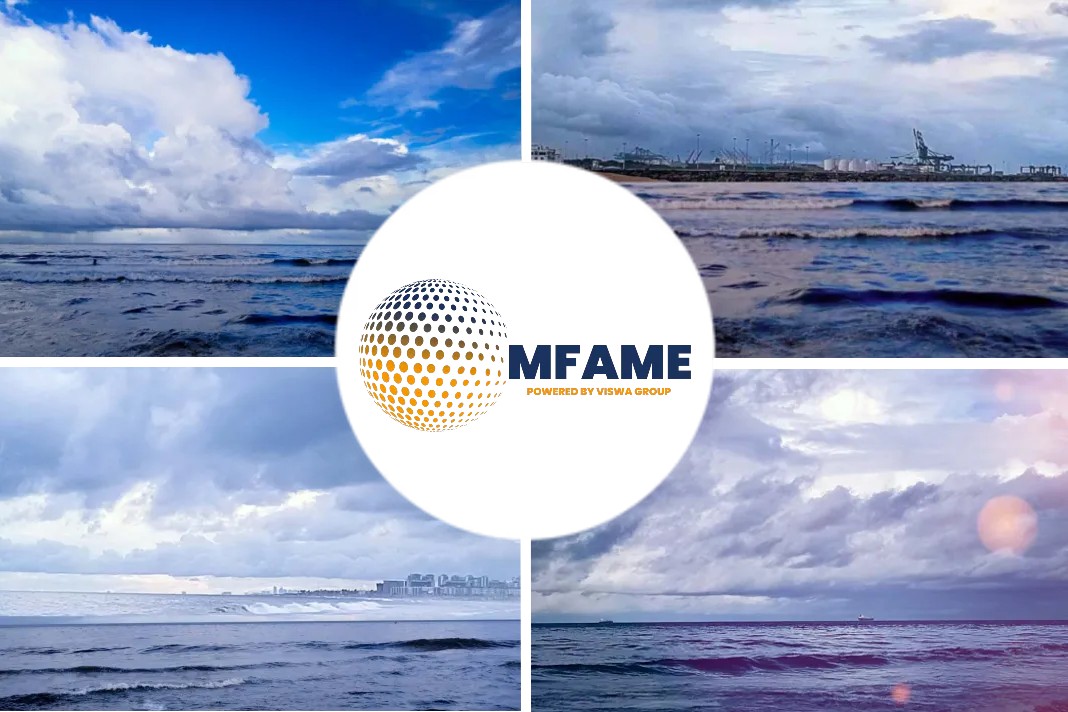- 87% survey respondents support global MFM mandate
- MFMs provide transparency, enhance system integrity
- Some gaps in understanding of MFM technology
An appetite for the greater use of mass flow metering systems in the maritime industry exists even though some gaps are present in the understanding of this technology, ExxonMobil said at a virtual Roundtable event, reports S&P Global.
Bunker quality disputes
Many bunker quantity disputes occur between buyer and seller, however, there is a lack of information circulated on the quantity side compared with the quality side, where many testing agencies publish regular data about off-spec marine fuels in different ports and geographies, Fish said.
Last year, a survey conducted by ExxonMobil, in collaboration with Bunkerspot, showed that of the total sample polled, 50% of ship operators said bunker disputes were common, Fish said.
35% of the respondents said that at least half of the bunker quantity issues were unchallenged, while only 17% of the respondents reported bunkering issues to the authorities, Fish said.
The reasons for not challenging those cases included shortage of time and inexperienced crew, unfavorable terms and conditions of the supplier, and vessel charter rates, which did not make it cost effective to hold the vessel back to argue a cases over smaller amounts, Fish said.
MFMs to the rescue
In line with the industry’s practice of predominantly selling marine fuels by mass, not volume, MFMs measure fuel mass directly, removing the need for complex conversions using traditional measurement methods, Armelle Breneol, marine fuels technical advisor at ExxonMobil, said in a white paper made available on the same day.
MFMs provide various benefits such as enhanced transparency by reducing uncertainties associated with density, temperature and other factors such as tank geometry, cost savings by eliminating the possibility of human calculation errors from traditional tank dipping, and significant time savings by offering the potential to save up to three hours per delivery compared with manual tank gauging, she said.
MFMs also provide enhanced system integrity with independent certification of calibration and security of the system’s associated pipelines, valves, gauges and barge equipment as well as increased traceability with data logged throughout the entire delivery process, she added. It also illustrates the fuel mass transferred at any point in time, offering a transparent and accurate measure of delivered fuel.
87% of the sample group had experience bunkering using MFMs although the understanding of how it works ranged from “basic” and “minimal” to “it’s an entire system that utilizes the advantage of an MFM but it must be a closed system that eliminates the possibility of cheating”, the white paper said.
When asked if MFMs could make bunker quantity disputes a thing of the past, 40% of the respondents said ‘yes’, while 27% said ‘no’; the remainder were ‘unsure’. Despite this, 87% said they would support the global mandate for MFMs, as was the case in Singapore.
Industry discipline
Singapore, the world’s largest bunkering port, mandated the use of MFMs for fuel oil deliveries from Jan. 1, 2017, and for all distillate bunker deliveries from July 1, 2019 — moves that have cemented its position as a reliable port, where the transparency of delivered tonnage is monitored and reported.
In October 2020, Singapore also launched two new bunkering standards — Singapore Standard 660: 2020 and Technical Reference 80: 2020 — to enhance quality assurance and confidence in the bunker supply chain.
MFMs do an excellent job of precisely measuring quantity when properly used under appropriate conditions, Tyler Baron, CEO of Minerva Bunkering, said at an industry event organized by S&P Global Platts last month.
In Singapore, the system works relatively well not only because of MFMs alone, but also because of the framework in which they are used, Baron said.
MFMs are among the key tools for the future to dispel the lack of trust and transparency shrouding the bunker industry, Kenneth Dam, global head of bunkering at TFG Marine, said at the same Platts event.
“As I talk to clients who want to enter the business, often from entirely new fields with the advent of alternative fuels, the questions are always about these issues,” he said, adding that the industry must strive to achieve greater transparency in terms of both fuel quality and quantity throughout the supply chain.
Did you subscribe to our daily Newsletter?
It’s Free! Click here to Subscribe
Source: S&P Global






















